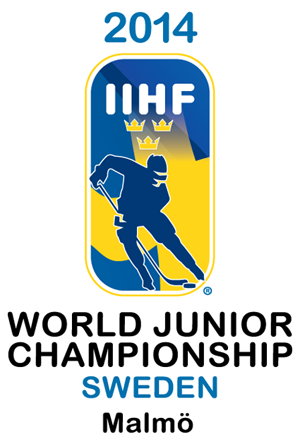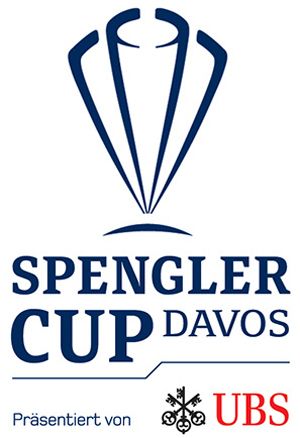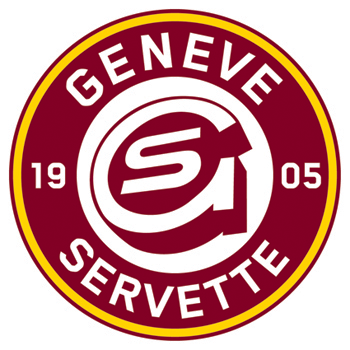Born on July 13, 1892,
Harry "Punch" Broadbent, after playing four seasons for various teams in the Ottawa city league, began his professional career with his hometown Ottawa Senators for the 1912-13 season when the Senators were members of the National Hockey Association, the forerunner to the NHL. Broadbent averaged more than a goal per game with 20 as well as being credited with a pair of assists for a total of 22 points from 18 games, good for seventh in the league as a rookie.
Young rookie Harry Broadbent in the short-lived Senators vertically striped sweater
The following season he was limited by injuries to 17 games of Ottawa's 20 games, scoring 6 goals and 13 points, but rebounded in 1914-15 with 24 goals and 27 points while playing in all of the Senators' 20 games, which placed him fourth overall in NHA scoring. The Senators would go on to win the league playoffs and advance to the Stanley Cup Finals against the Pacific Coast Hockey Association's Vancouver Millionaires, where Broadbent would score 3 of the Senators 8 goals in their 3 game series.
Broadbent in the Senators 1914-15 flag crested jerseys
It would prove to be his last hockey for some time, as he would miss three seasons while serving in the Canadian military during World War I, for which he was awarded the Military Medal. By the time he returned to the Senators, they were now members of the fledgling National Hockey League for it's second ever season, which at the time consisted of a mere three clubs, Ottawa, the Montreal Canadiens and the Toronto Arenas!
Broadbent eased back into hockey with only 4 goals in just 8 games and added 2 more in 5 playoff games. He returned to form in 1919-20 with 19 goals and 23 points in 20 games to finish in the top ten in NHL scoring. The Senators advanced to the Stanley Cup Finals by winning both halves of the split NHL season and captured the first Stanley Cup championship of Broadbent's career.
The 1920-21 season was all but lost, as Broadbent's rights were dealt to the Hamilton Tigers, but he refused to report. After six days his rights were then sold to the Canadiens, but again he would not budge. Finally, seven weeks later, Broadbent's rights were transferred back to the Senators by the NHL. Eventually, he would play in just 9 regular season games and 6 playoff games as the Senators would defeat the Millionaires for their second consecutive Stanley Cup.
On this date in 1921, just three games into the 1921-22 season, Broadbent scored his second goal of the season in a 10-0 win over the Canadiens, as well as racking up three assists, all of which came in a span of 3:15 of the third period.
He scored the game winning goal on Dec. 28th in overtime to defeat the Canadiens again, only this time in Montreal. His fourth goal of the season helped Ottawa defeat Hamilton on New Year's Eve. He tallied another goal to open the scoring in a 3-2 loss to the Toronto St. Patricks on January 4th. Three days later he found the back of the net twice to defeat the Canadiens yet again, nudging his goal total to 7 and kicking his scoring pace into a higher gear.
Two goals and two assists followed on January 11th in a 7-2 defeat over Toronto before Broadbent added another pair of goals to close out the scoring in a 5-2 win in the return match against the St. Patricks in Toronto three days later. Montreal was on the receiving end of another beating, this one 10-6, as Broadbent registered a hat trick by the time the game was 23 minutes old. The spotlight was not all his though, as teammate
Cy Denneny also had a hat trick while
Sprague Cleghorn and
Odie Cleghorn combined for 6 goals, with Odie netting 4 to take top honors in a losing effort.
A second hat trick followed on January 21, which included extended his scoring streak just 2:45 into the game, which was won by Hamilton 7-6 in overtime, who were led by
Joe Malone's hat trick.
Broadbent's goal scoring streak reached ten games in Ottawa on January 25th when he scored twice in the first 2:30 of the third period in a 4-2 win over the Tigers. Goal #20 arrived on January 28th at the 12:00 mark of the second period, followed exactly two minutes later by goal #21 as the Senators held on to defeat Toronto 2-1, meaning Broadbent was a perfect eight for eight in scoring in Senators games in January.
The streak continued into February with another pair of goals against Montreal, a 4-2 win for Ottawa. While the Senators pounded Hamilton 10-6 on February 4th, Broadbent continued his goal scoring streak, extending his streak to 13 games and Ottawa's lead to 6-0 at the time, but his run of multiple goal games ended at eight and included 18 goals during that span dating back to January 7th.
While the Tigers exacted their revenge on the Senators with a 9-1 thrashing of the Senators, Broadbent's streak continued as he registered his 25th goal of the season just after the game's midway point.
The streak then reached 15 games at the 11:45 mark of the second period in a 4-4 tie at home against the St. Patricks. Broadbent's streak was pushed to 16 games with a pair of goals in another tie, this one 6-6 versus the Canadiens in Montreal.
Finally on February 18th, 1922, goaltender
Howard Lockhart and the Tigers ended the longest goal scoring streak in league history, a record which still stands today, over 90 years later. During the 16 game goal scoring streak, Broadbent tallied 27 goals, an average of nearly 1.7 per game, a streak which included two hat tricks and nine multiple goal games.
Broadbent would follow being held off the scoresheet with three goals in his next two games to pass the 30 goal mark and finish the season with a staggering 32 goals and 46 points in 24 games to win the NHL scoring title by 7 points over teammate Denneny.
Broadbent would spend two more seasons in Ottawa, including winning another Stanley Cup in 1923, his third in four seasons, before being sold to the Montreal Maroons, along with goaltender Clint Benedict, just prior to the 1924-25 season. He would play for the Maroons for three seasons, which included winning his fourth Stanley Cup in 1926.
Broadbent during his first season with the Maroons
For the 1927-28 season, Broadbent was dealt back to the Senators, but his return lasted only a single season that resulted in just 3 goals and 5 points in 43 games. Ottawa then sold Broadbent, now 36 years old, to the New York Americans for his final NHL season of 1928-29.
Broadbent during his return season with the Senators
He would finish his career with 122 goals and 167 points in 302 games, four Stanley Cups. one NHL scoring title and one goal scoring record which has now stood for over 90 years and counting.
Broadbent was elected to the Hockey Hall of Fame in 1962.
Today's featured jersey is a
1927-28 Ottawa Senators Harry "Punch" Broadbent jersey from his final season in Ottawa. This sweater has the Stanley Cup Champions patch worn on the upper left chest to commemorate the Senators final Stanley Cup title in franchise history, a frequent practice of the Senators in the 1920's, as they also wore championship patches in 1921-22 and 1923-24. This patch was the inspiration for the
sleeve patches on the current Senators alternate jerseys.
Bonus jersey: Today's bonus jersey is a
1928-29 New York Americans Punch Broadbent jersey. This sweater is from Broadbent's final season in the NHL. The Americans wore their star spangled sweaters from their inaugural season of 1925-26 (pre-dating the New York Rangers by one season) through the 1937-38 season. The franchise would last through the 1941-42 season before folding, leaving the NHL with just six teams for the next 25 years.



